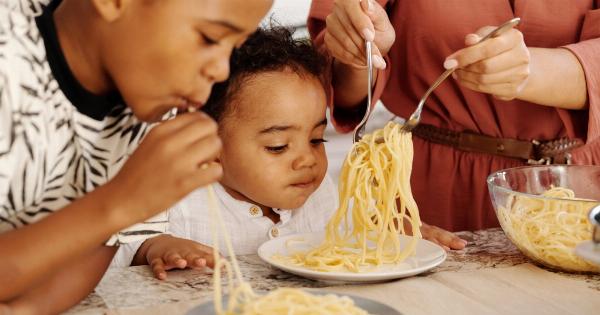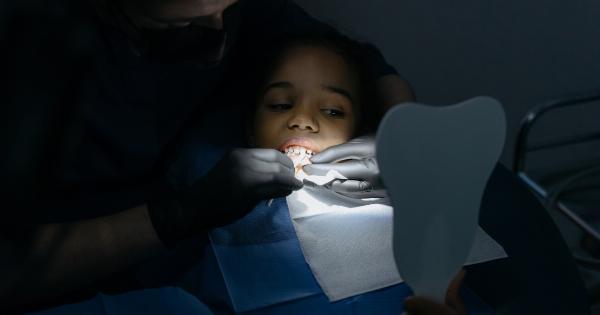Constipation is a common problem among children, which refers to infrequent bowel movements or difficulty passing stools. It can result in discomfort, pain, and even anxiety for children and their parents.
Understanding the causes and treatments for childhood constipation can help alleviate symptoms and prevent future occurrences. This article covers the causes, symptoms, and treatments for childhood constipation.
What Causes Childhood Constipation?
Constipation in children can have many causes. Some of the most common causes of childhood constipation include:.
- Dietary factors: A diet low in fiber and fluids can cause constipation, as well as a diet high in processed foods and sugar. Not eating enough fruits, vegetables, and whole grains can also play a role in childhood constipation.
- Medications: Certain medications, such as some painkillers and antidepressants, can cause constipation in children.
- Medical conditions: Certain medical conditions such as thyroid problems, diabetes, and Hirschsprung’s disease can cause constipation.
- Anatomic anomalies: Some children may have anatomic anomalies, such as a narrow rectum or a blockage that can cause constipation.
- Potty training: Some children may hold back their bowel movements due to toilet training fears or discomfort with public restrooms.
Symptoms of Childhood Constipation
It’s important for parents to recognize the symptoms of constipation in children. The sooner constipation is identified and treated, the less discomfort and pain your child will experience. Some common symptoms of childhood constipation include:.
- Infrequent bowel movements: Bowel movements less than three times per week.
- Painful bowel movements: Straining, crying, or grimacing during bowel movements can be a sign of constipation.
- Hard stools: Stools that are hard, dry, and difficult to pass.
- Bloating: A distended belly can be a sign of constipation.
- Loss of appetite: When children feel bloated or full, they may not want to eat.
- Accidents: When constipation is severe, it can lead to soiling or accidents.
Treating Childhood Constipation
Constipation can be treated in a variety of ways, depending on the severity of the condition and underlying cause. Some of the most effective treatments for childhood constipation include:.
- Dietary changes: Increasing fluid intake, eating more fiber-rich foods, and avoiding processed foods can help prevent and treat constipation. Encouraging your child to eat fruits, vegetables, and whole grains can help ease constipation symptoms.
- Stool softeners and laxatives: Over-the-counter stool softeners, such as Miralax, can help soften stools and make bowel movements easier for your child. Laxatives may also be recommended by your doctor for short-term use to help alleviate constipation. It’s important to speak with your pediatrician before giving your child any type of medication for constipation.
- Toilet training: Encouraging your child to sit on the toilet regularly can help establish good bowel habits. If your child is afraid of using public restrooms, consider using a portable potty seat.
- Behavioral modification: Rewarding your child for using the toilet and avoiding punishment for accidents can help establish positive potty-training habits. Encouraging your child to be physically active can also help facilitate bowel movements.
- Medical intervention: If your child’s constipation is caused by an anatomic anomaly or medical condition, surgery or medication may be necessary to treat the underlying cause of constipation.
Preventing Childhood Constipation
The key to preventing childhood constipation is establishing good bowel habits early on. Encouraging your child to eat a healthy diet that is high in fiber and fluids can help prevent constipation.
Encouraging your child to sit on the toilet regularly can also help prevent constipation. If your child is experiencing constipation, follow up with your pediatrician to determine the underlying cause and appropriate treatment plan.
Conclusion
Constipation is a common problem among children, but it doesn’t have to be a source of anxiety or discomfort for your child. Understanding the causes and treatments for constipation can help alleviate symptoms and prevent future occurrences.
Encouraging your child to eat a healthy diet, establishing positive potty-training habits early on, and working with your pediatrician to develop an appropriate treatment plan can help prevent and treat childhood constipation.































